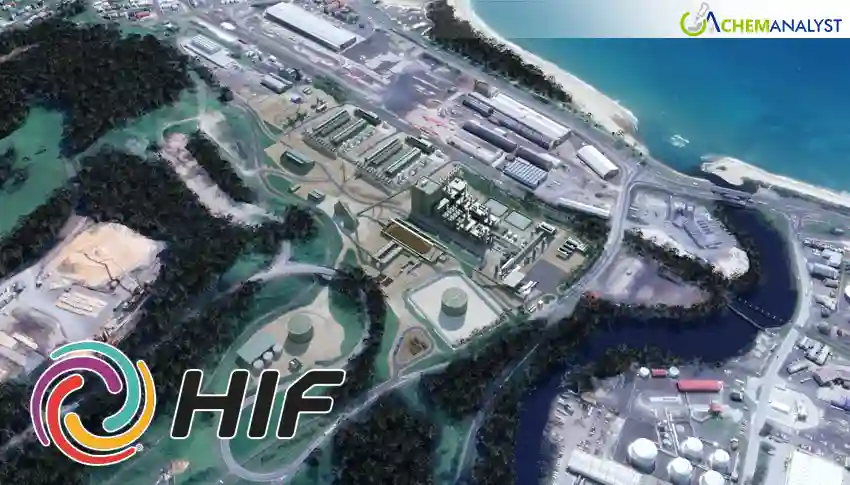Welcome To ChemAnalyst

HIF Global relocates Tasmania e-Fuels facility to Burnie’s former Paper Mill, boosting jobs, community engagement, and renewable energy leadership.
HIF Global, a global leader in the development of e-Fuels, has officially announced plans to establish the HIF Tasmania e-Fuels Facility at the former Burnie Paper Mill site in South Burnie. This decision marks a significant milestone in revitalizing one of Tasmania’s most notable industrial locations, breathing new life into the area and restoring long-term employment opportunities for the community. At the same time, it aligns with Tasmania’s ambition to position itself as a frontrunner in renewable energy innovation.
The proposed facility is designed to produce over 200,000 tonnes of e-Methanol annually. During the construction phase, several hundred jobs are expected to be created, followed by around 200 permanent positions once operations are fully underway. Such large-scale employment prospects are expected to provide a substantial economic boost for the region.
Initially announced in July 2022, the HIF Tasmania project was originally planned for a sustainable forestry plantation at Hampshire, roughly 30 kilometers south of Burnie. However, after in-depth engineering analysis, design considerations, and a thorough review of potential sites, HIF determined that the former Pulp Mill site in Burnie offers superior advantages. These include better opportunities for modular construction, more efficient cost management, and direct access to the port, making the location strategically advantageous for this pioneering clean energy venture.
Ignacio Hernandez, CEO of HIF Asia Pacific, highlighted the suitability of the new location, stating: “Burnie’s strong industrial heritage combined with its deepwater port infrastructure makes the old Pulp Mill site an ideal fit. Relocating the facility here enables us to reintroduce employment to this historically important site, while ensuring efficient delivery of large-scale equipment and leveraging local resources responsibly, such as using recycled wastewater from the Round Hill Sewage Treatment Plant.”
Hernandez also emphasized the importance of community engagement. “We are eager to hear from as many local residents as possible in the coming months. Their insights will be critical to shaping the design of this project. We will soon advertise community events where locals can meet us directly, ask questions, and share their feedback.”
Local leaders have also voiced strong support for the project. Ian Jones, President of Business North West, noted: “The Pulp site has been a symbol of Burnie’s industrial history but has unfortunately been left idle and deteriorating for too long. Having closely followed this project for the past three years, I see it as a remarkable chance for Burnie to lead in a promising new industry.”
In the coming weeks, HIF Asia Pacific plans to submit a formal Notice of Intent to the Tasmanian Environmental Protection Agency, with a Development Application expected in 2026. If approved, operations could commence as early as 2030.
e-Fuels, such as the e-Methanol planned at the Burnie facility, are produced by using renewable electricity to power electrolysers that extract hydrogen from water. This hydrogen is then combined with recycled carbon dioxide sourced from plantation residues to form e-Methanol. This synthetic fuel can power shipping directly or be converted into other e-Fuels suitable for aviation, cars, and trucks, offering a sustainable alternative to fossil fuels.
We use cookies to deliver the best possible experience on our website. To learn more, visit our Privacy Policy. By continuing to use this site or by closing this box, you consent to our use of cookies. More info.
